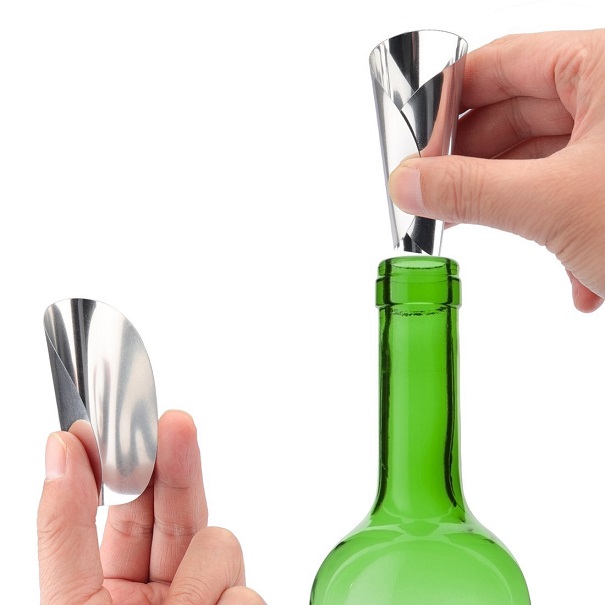


Mck1p maintains genome integrity in response to DNA damage and is involved in the transcriptional regulation of stress response genes. MCK1, the yeast homologue of the mammalian Glycogen Synthase Kinase-3 (GSK-3) is involved in a variety of stress response activities. Chemicals that damage the yeast cell wall or membrane such as SDS, Calcofluor White (CFW), Congo Red (CR) and Tea Tree Oil (TTO) or by growth at elevated temperatures trigger the CWI pathway. The CWI pathway is a kinase cascade that responds to cell wall/membrane perturbations in order to maintain cell integrity in yeast. Sodium Dodecyl Sulfate (SDS) is a common household detergent that permeates cell membranes, activates a stress response including Cell Wall Integrity (CWI) signaling and restricts cell growth. In general, any perturbation that disrupts the cell wall or membrane function activates a multifactorial stress response in Saccharomyces cerevisiae. The yeast cell wall and plasma membrane are the first defensive structures against external stress and are essential to acclimate to these conditions. In the wild, yeast cells experience a variety of external conditions that cause stress, such as changes in resource availability, temperature, osmotic fluctuations, oxidation, noxious chemicals, pressure and physical stress. In summary, we conclude that internal concentration of tryptophan and tyrosine makes cells more resistant to detergent such as sodium dodecyl sulfate. Finally, we observe enhanced tryptophan import within minutes upon exposure to sodium dodecyl sulfate indicating that these cells are not starved for tryptophan. We discovered that tyrosine biosynthesis is also essential upon sodium dodecyl sulfate perturbation whereas phenylalanine biosynthesis appears dispensable. This implicates a distinction from the cell wall integrity pathway and suggests specificity to membrane stress as opposed to cell wall stress. While also critical in the response to tea tree oil, TRP1 does not avert growth inhibition due to other cell wall/membrane perturbations that activate cell wall integrity signaling such as Calcofluor White, Congo Red or heat stress. In this work, we show that trp1-1 cells have a disadvantage in the response to sodium dodecyl sulfate compared to auxotrophy for adenine, histidine, leucine or uracil when cells are grown on rich media. Therefore, we questioned the involvement of tryptophan in the response to sodium dodecyl sulfate treatment. Previously, we have shown that deletion of the MCK1 gene leads to sensitivity to sodium dodecyl sulfate thus, we implemented a suppressor gene screening revealing that the overexpression of TAT2 tryptophan permease rescues cell growth in sodium dodecyl sulfate-treated Δmck1 cells. However, the underlying mechanism of how sodium dodecyl sulfate inhibits cell growth is not fully understood. Sodium dodecyl sulfate is a detergent that disrupts cell membranes, activates cell wall integrity signaling and restricts cell growth in Saccharomyces cerevisiae.


 0 kommentar(er)
0 kommentar(er)
